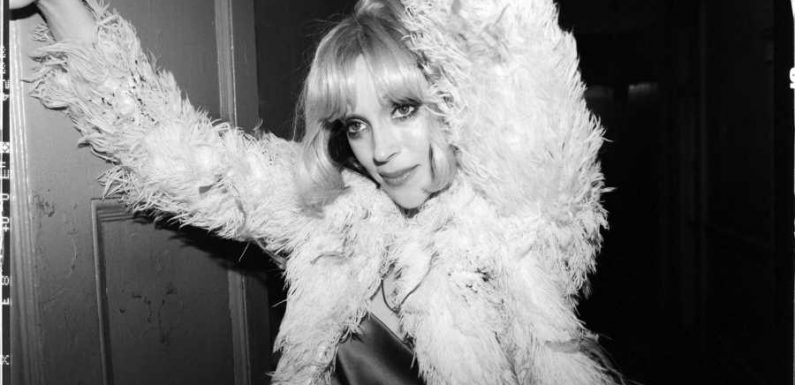
Annie Clark has framed her frenetic and unabashedly retro new album Daddy’s Home as a kind of reckoning. Her father has returned home from prison, where he served 12 years for his involvement in a multi-million-dollar stock manipulation scheme; in the meantime, Clark radically transformed her St. Vincent music persona, evolving from a small-time indie artist with a cult following to a self-proclaimed “near-future cult leader” within pop music. While her last album Masseduction peered at her newfound fame through an electro-pop funhouse mirror, Daddy’s Home looks backwards, examining Clark’s relationship with her father – and her own self-discovery with “becoming Daddy,” as she’s put it – through the funky stylings of Sly Stone, Pink Floyd, and other artists of the mid-Seventies.
Related Reviews
Metallica, Nine Inch Nails, Korn to Headline Louder Than Life Festival
How to Determine the Value and Worth of Social Networks
Related Reviews
4 Ways Venue Owners Can Connect With Audiences During the Pandemic
#FreeBritney: Understanding the Fan-led Britney Spears Movement
Knowing Clark’s well-documented love for David Bowie, this all sounds a little Thin White Duke – the album even comes with its own minor media scandal attached to it. But Daddy’s Home is less like St. Vincent’s Young Americans or Station to Station and more like her Low: a drug-addled comedown that meanders away from the spotlight and avoids making any clear Statement, but always carries a sense of urgency and self-importance. “[It’s] post-flower-child idealism, but it’s pre-disco,” Clark said of the era and artists she was inspired by for the record. “It’s this period of time that I feel like is analogous to where we are now. We’re in the grimy, sleazy, trying-to-figure-out-where-we-go-from-here period.”
The best moments on Daddy’s Home highlight those jagged borders and contradictions. Clark’s howling vocals and delightfully angular synths on “Pay Your Way in Pain” make it one of the strongest album openings of the year. Elsewhere on the album, she transcends her well-established guitar prowess with sitar solos and lap steel detours, played over soaring gospel vocals supplied by backup singers Lynne Fiddmont and Kenya Hathaway (daughter of the late Donny Hathaway). Nowhere does it all come together so perfectly as on the groovy “Down,” which is just a perfect pop track.
Despite the album’s high concept, the lyrical territory is quite familiar as far as St. Vincent goes. While Clark does describe signing autographs in her father’s visitation room on the titular “Daddy’s Home,” her concerns and musings are all over the place: substance dependency (building off of Masseduction’s obvious earworm “Pills”), the price of fame, religious puritanism, falls from grace on the Manhattan subway. None of these are new subjects for Clark, which isn’t a huge problem until it starts to get in the way of the music – take the maudlin “The Laughing Man,” or closer “Candy Darling,” which feels tacked-on the end of the record.
It’s a shame, because “Candy Darling” is immediately preceded by the album’s real revelation. On “My Baby Wants a Baby,” Clark frets over how she can possibly be a provider while wanting to “play guitar all day” and “make all my meals in microwaves.” She starts to answer her own question on the very next song, “…At the Holiday Party,” where she stages an intervention for a friend who keeps “a pharmacy” in their purse. “Pretend to want these things, so no one sees you not getting not getting what you need,” Clark notes with compassion. “You can’t hide from me.” For all the album’s promotional bluster and cheeky provocation surrounding the term “daddy,” what the song really implies is her journey into becoming a good caregiver – not the “grimy, sleazy” conclusion you might have hoped for, but maybe Clark’s most honest one yet.
Source: Read Full Article
